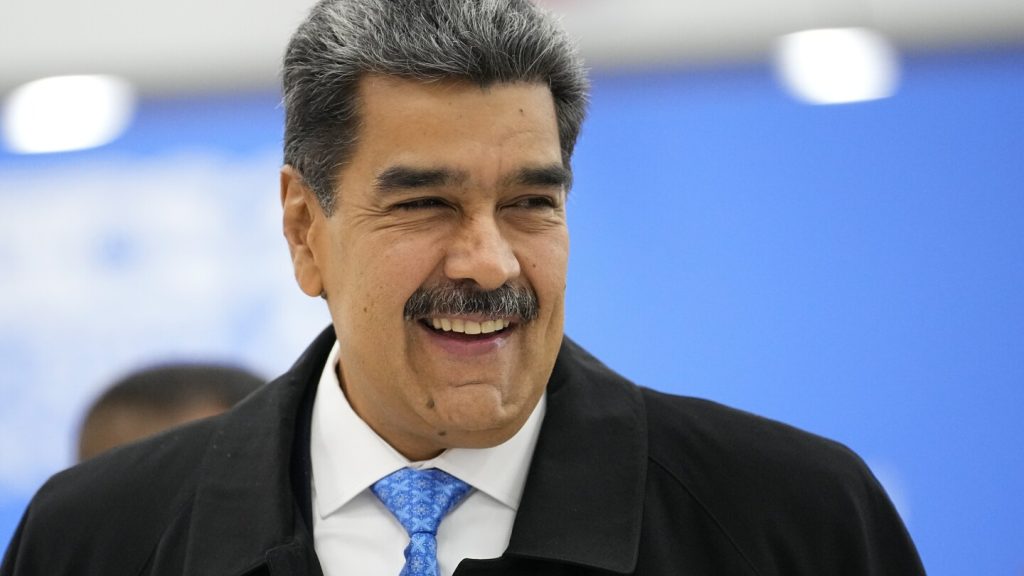Venezuela and Brazil are currently embroiled in a diplomatic dispute, with Venezuela accusing Brazilian officials of acting on behalf of the United States and jeopardizing relations between the two South American countries. The tensions stem from Venezuela’s bid to join the BRICS bloc of developing economies, which Brazil did not support at a recent summit in Russia. This adds to the ongoing disagreements between the two nations over the disputed results of Venezuela’s July presidential election and calls for transparency from Brazil and other countries.
The Venezuelan government has accused Brazil’s former foreign affairs minister and special adviser to President Lula da Silva, Celso Amorim, of acting as a messenger of American imperialism by making statements that interfere with Venezuelan democratic processes. Brazil’s refusal to support Venezuela’s bid to join the BRICS bloc has further strained relations, with Venezuela expressing strong rejection of what it perceives as interventionist and rude statements from Brazilian officials. This has led to increased tensions between the two countries, with Venezuela warning that such actions threaten the ties that unite them.
Amorim has acknowledged the discomfort between Brazil and Venezuela, attributing it to the Maduro government’s refusal to publish detailed election results that support the president’s victory. He stated that improving diplomatic relations will depend on actions taken by Venezuela, but did not provide specifics. Brazil’s Foreign Ministry has not responded to requests for comment on the matter, further escalating the tensions between the two nations. The lack of communication and transparency on both sides has complicated efforts to resolve the conflict.
The dispute over Venezuela’s election results has escalated, with the country’s electoral authorities claiming their website was hacked, preventing them from publishing detailed results. Meanwhile, the opposition coalition has published tally sheets from electronic voting machines, claiming victory for their candidate over Maduro. Attempts by leftist leaders like Lula, Petro, and López Obrador to mediate the election standoff were unsuccessful, and Maduro has since consolidated his rule, leading to the imprisonment of over 2,000 opponents. The inclusion of Venezuela in the BRICS bloc was met with opposition from Brazil, citing concerns about the country’s influence and ability to represent the region.
Brazil’s stance on the expansion of the BRICS bloc suggests that the country believes its members should be influential nations capable of representing the region, which Venezuela does not meet according to their criteria. This decision was made by consensus, and Venezuela’s Foreign Affairs Ministry criticized Brazil’s behavior as irrational and likened it to the economic sanctions imposed by the U.S. against Venezuela. The disagreement over Venezuela’s membership in the BRICS bloc reflects broader tensions between the two countries over issues related to democracy, transparency, and international relations, with both sides expressing differing views on how to address the conflict. As the diplomatic dispute continues, it remains to be seen how Venezuela and Brazil will navigate their differences and restore diplomatic relations in the future.














